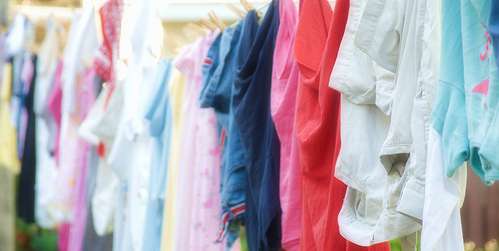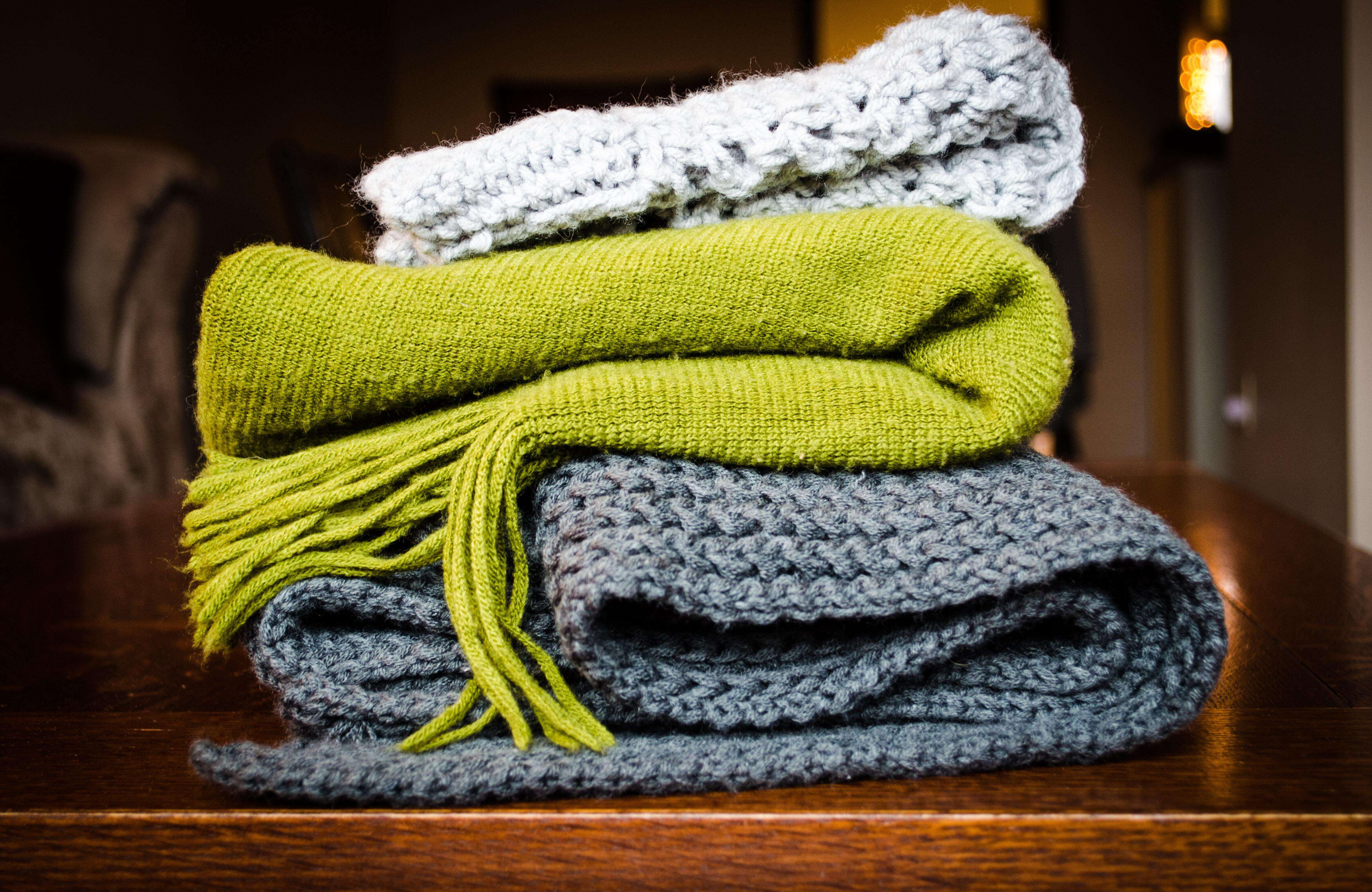
Consumers are increasingly looking to incorporate green products into their daily lives, but many find the performance of eco-friendly laundry detergents lacking. Image Source: Flickr user Bruce Guenter
Over the past decade, popular awareness about the environmental impact of everyday consumer products has exploded. While eco-friendly products were once a niche market reserved for those with a passion for environmental protection, today it has become increasingly common for a routine shopping trip to take the environment into account and eco-friendly options are now the default choice for even mainstream consumers. In response to growing demand, green laundry detergent manufacturers such as Ecover, Seventh Generation, Simple Green, and Method have emerged to compete with traditional players and are capturing a healthy portion of the marketshare. This push towards eco-friendly alternatives to traditional products has been so strong that detergent giant Procter & Gamble recently committed to eliminating phosphates from all of its laundry detergents globally within two years.1
However, phosphates aren’t the only ingredient that eco-conscious consumers are seeking to avoid. In fact, the list of objectionable ingredients is lengthy and includes many of the very things that make traditional laundry detergents both effective and appealing, such as optical brighteners, sodium lauryl sulfate, chlorine, ammonia, and petroleum solvents. Unfortunately, taking these components out of laundry detergents often compromises performance and consumers looking to incorporate eco-friendly products in their everyday routines are left unsatisfied with the results. According to Consumer Reports, “Green detergents may lack the enzymes and other chemicals that give many standard detergents their stain-fighting oomph.”2 For many consumers, this means having to choose between clean laundry and environmental ethics; as one review of green laundry detergent performance noted, “If you can look past the stain-fighting abilities of this one, it does have an impressive list of eco-claims.”3
The questionable performance of eco-friendly detergents as a group could threaten the economic viability of some brands. In order to bolster appeal and commercial success, it is critical that manufacturers of green laundry detergents carefully evaluate the performance of their products to ensure that they have the cleaning power necessary to satisfy consumers. Spectrophotometric instrumentation offers the best way to obtain objective, reliable performance data and analyze the efficacy of detergents.

Green laundry detergent should be formulated to help fabrics maintain their color and effectively remove staining. Image Source: Unsplash user Kelly Sikkema



